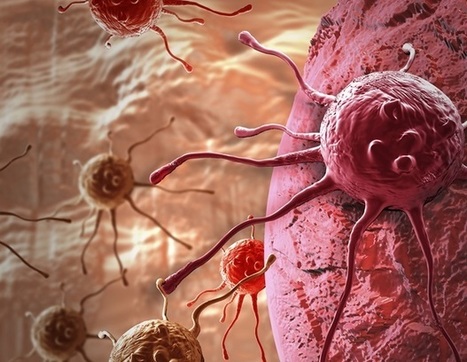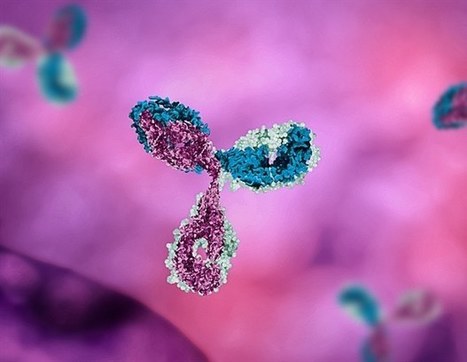Genetically engineered immune cells successfully target the specific cancer cells that may be responsible for relapse of acute myeloid leukemia (AML), a type of blood cancer, and proved effective in animal models of the disease, according to a preclinical study by investigators at Weill Cornell Medicine.
Research and publish the best content.
Get Started for FREE
Sign up with Facebook Sign up with X
I don't have a Facebook or a X account
Already have an account: Login
 Your new post is loading... Your new post is loading...
 Your new post is loading... Your new post is loading...
|
|















Genetically modified immune cells successfully target specific cancer cells that may be responsible for the relapse of acute myeloid leukemia (AML). In a study published on 28 April in Nature Communications, the researchers developed a CAR T cell therapy (UCART123) targeting CD123, which is found on leukemia stem cells and enables T cells to seek out and attack cancer cells. When the team tested the UCART123 cells in a mouse model of AML, they found that the therapy effectively eliminated leukemia cells and prolonged survival. The scientists also devised a highly sensitive monitoring strategy to detect any residual cancer cells and assess the persistence of UCART123 cells. Finally, they demonstrated that UCART123 cells have specificity against leukemia cells, with minimal toxicity to normal blood cells in mice. The preclinical results led to a Phase 1 clinical trial testing UCART123 in patients with relapsed/refractory AML at several sites across the US, including New York-Presbyterian/Weill Cornell Medical Center. The results of the preclinical study suggest that UCART123 cells are highly selective and specific in targeting AML.